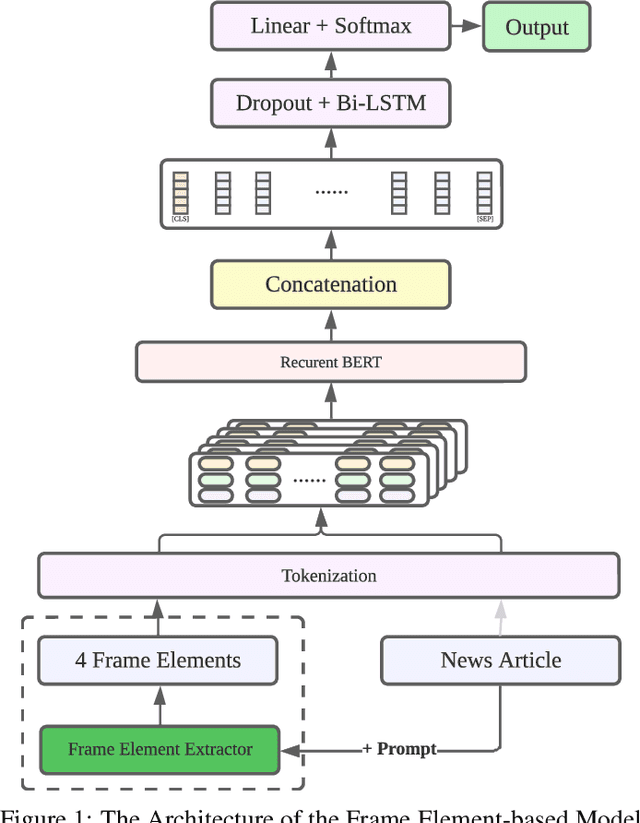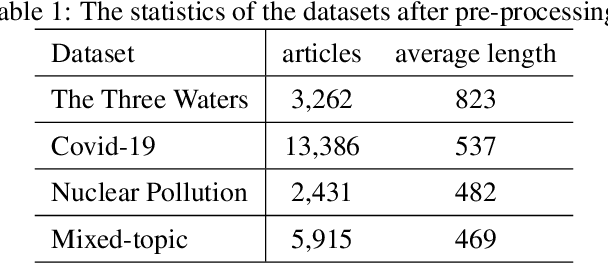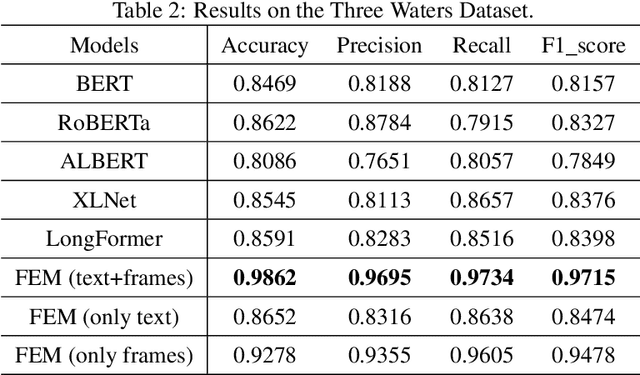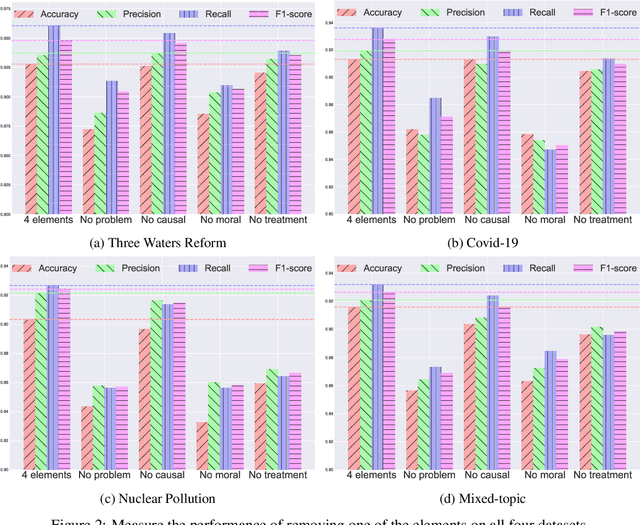Verica Rupar
Balancing Information Perception with Yin-Yang: Agent-Based Information Neutrality Model for Recommendation Systems
Apr 07, 2024Abstract:While preference-based recommendation algorithms effectively enhance user engagement by recommending personalized content, they often result in the creation of ``filter bubbles''. These bubbles restrict the range of information users interact with, inadvertently reinforcing their existing viewpoints. Previous research has focused on modifying these underlying algorithms to tackle this issue. Yet, approaches that maintain the integrity of the original algorithms remain largely unexplored. This paper introduces an Agent-based Information Neutrality model grounded in the Yin-Yang theory, namely, AbIN. This innovative approach targets the imbalance in information perception within existing recommendation systems. It is designed to integrate with these preference-based systems, ensuring the delivery of recommendations with neutral information. Our empirical evaluation of this model proved its efficacy, showcasing its capacity to expand information diversity while respecting user preferences. Consequently, AbIN emerges as an instrumental tool in mitigating the negative impact of filter bubbles on information consumption.
Detecting misinformation through Framing Theory: the Frame Element-based Model
Feb 19, 2024



Abstract:In this paper, we delve into the rapidly evolving challenge of misinformation detection, with a specific focus on the nuanced manipulation of narrative frames - an under-explored area within the AI community. The potential for Generative AI models to generate misleading narratives underscores the urgency of this problem. Drawing from communication and framing theories, we posit that the presentation or 'framing' of accurate information can dramatically alter its interpretation, potentially leading to misinformation. We highlight this issue through real-world examples, demonstrating how shifts in narrative frames can transmute fact-based information into misinformation. To tackle this challenge, we propose an innovative approach leveraging the power of pre-trained Large Language Models and deep neural networks to detect misinformation originating from accurate facts portrayed under different frames. These advanced AI techniques offer unprecedented capabilities in identifying complex patterns within unstructured data critical for examining the subtleties of narrative frames. The objective of this paper is to bridge a significant research gap in the AI domain, providing valuable insights and methodologies for tackling framing-induced misinformation, thus contributing to the advancement of responsible and trustworthy AI technologies. Several experiments are intensively conducted and experimental results explicitly demonstrate the various impact of elements of framing theory proving the rationale of applying framing theory to increase the performance in misinformation detection.
 Add to Chrome
Add to Chrome Add to Firefox
Add to Firefox Add to Edge
Add to Edge